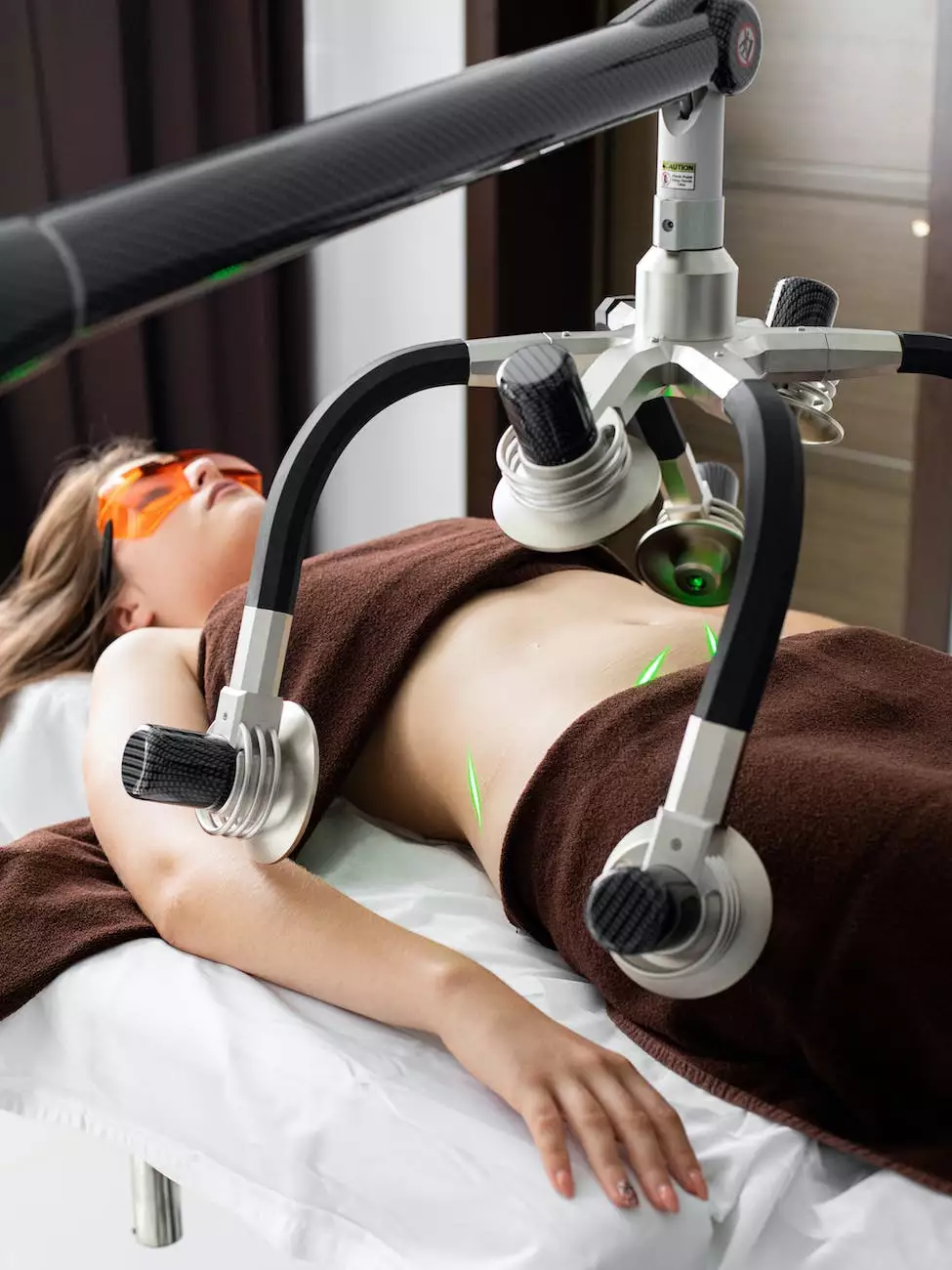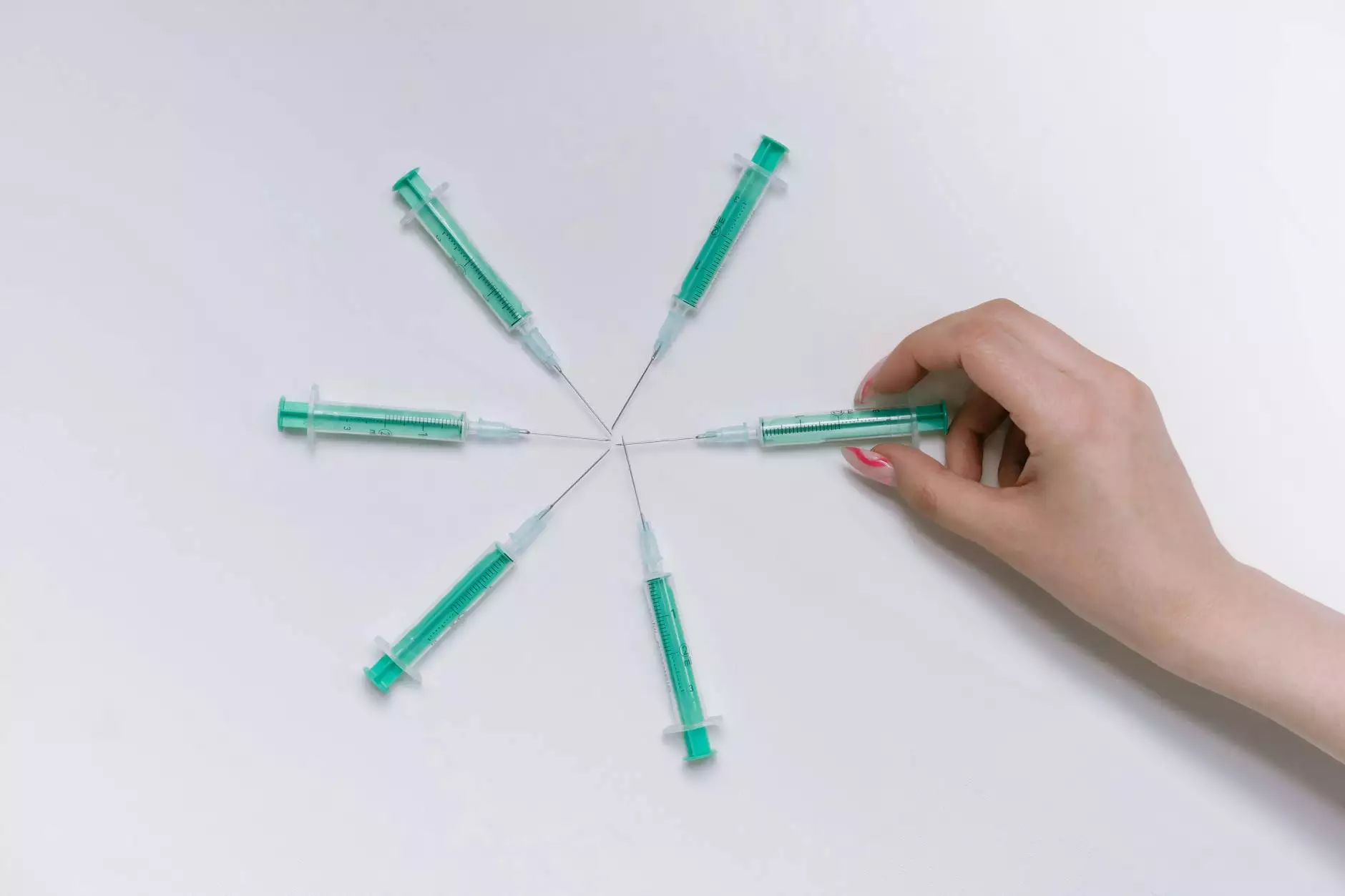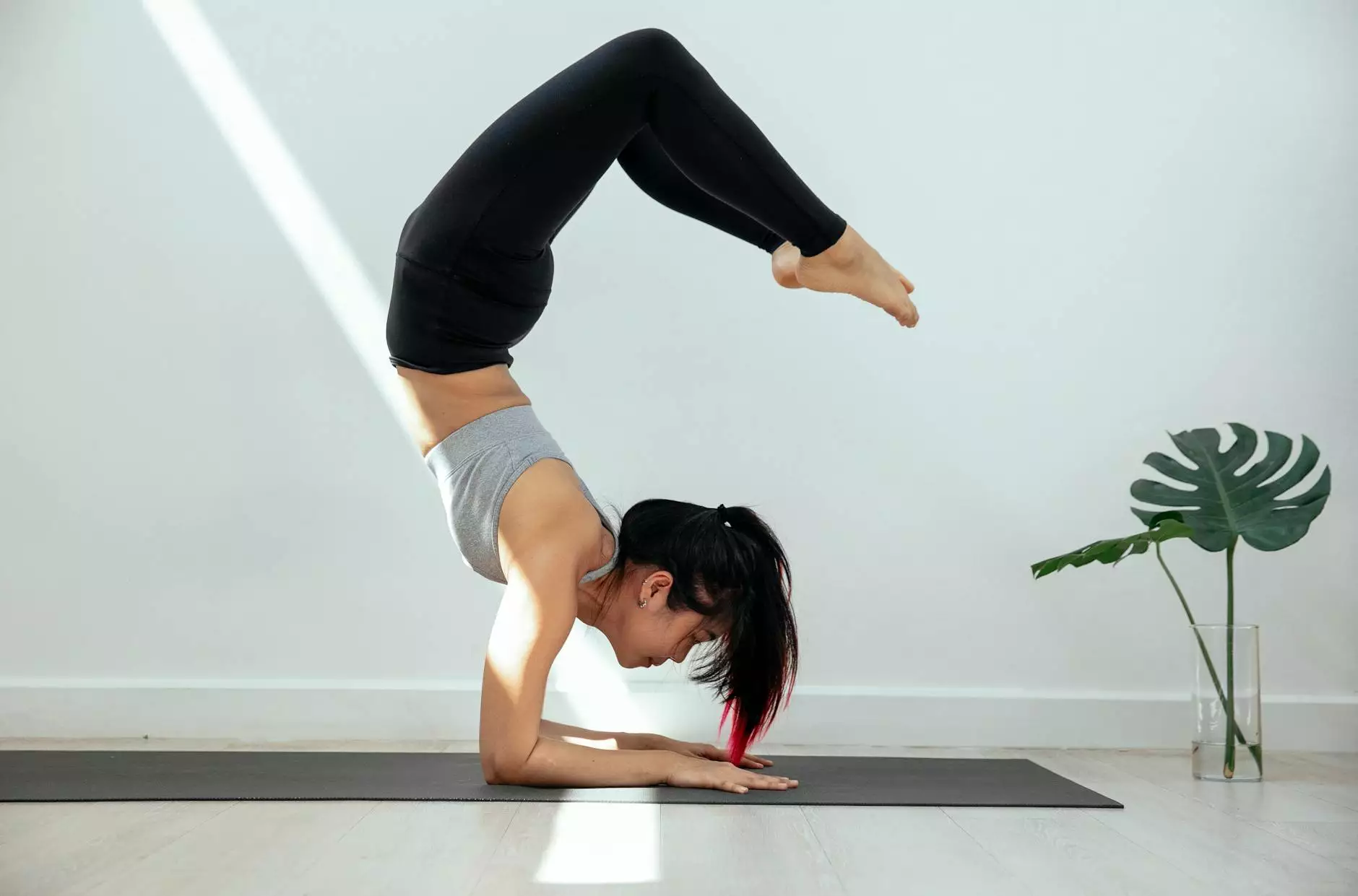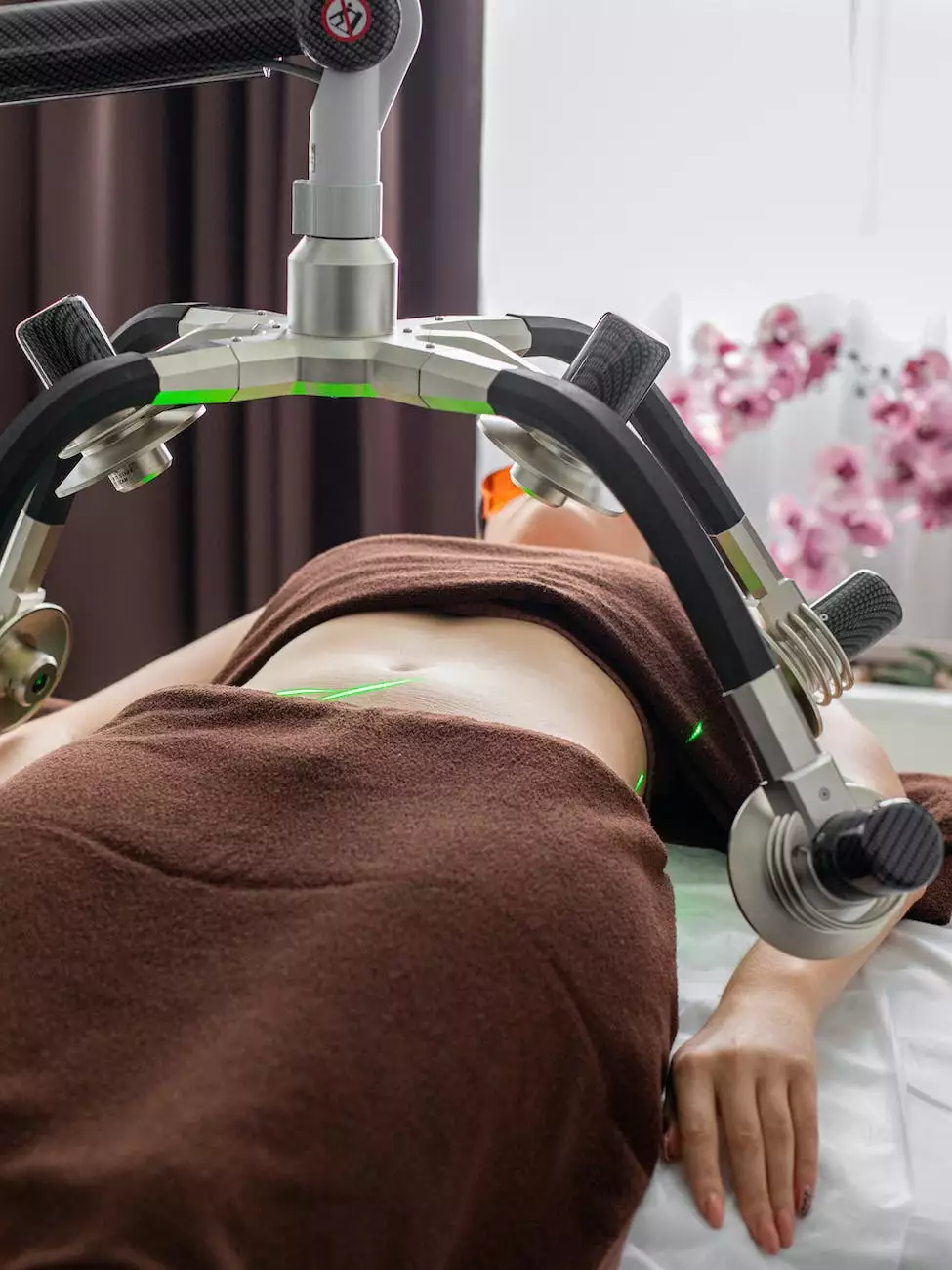Top 10 Myths About Varicose Veins: Causes & Cures
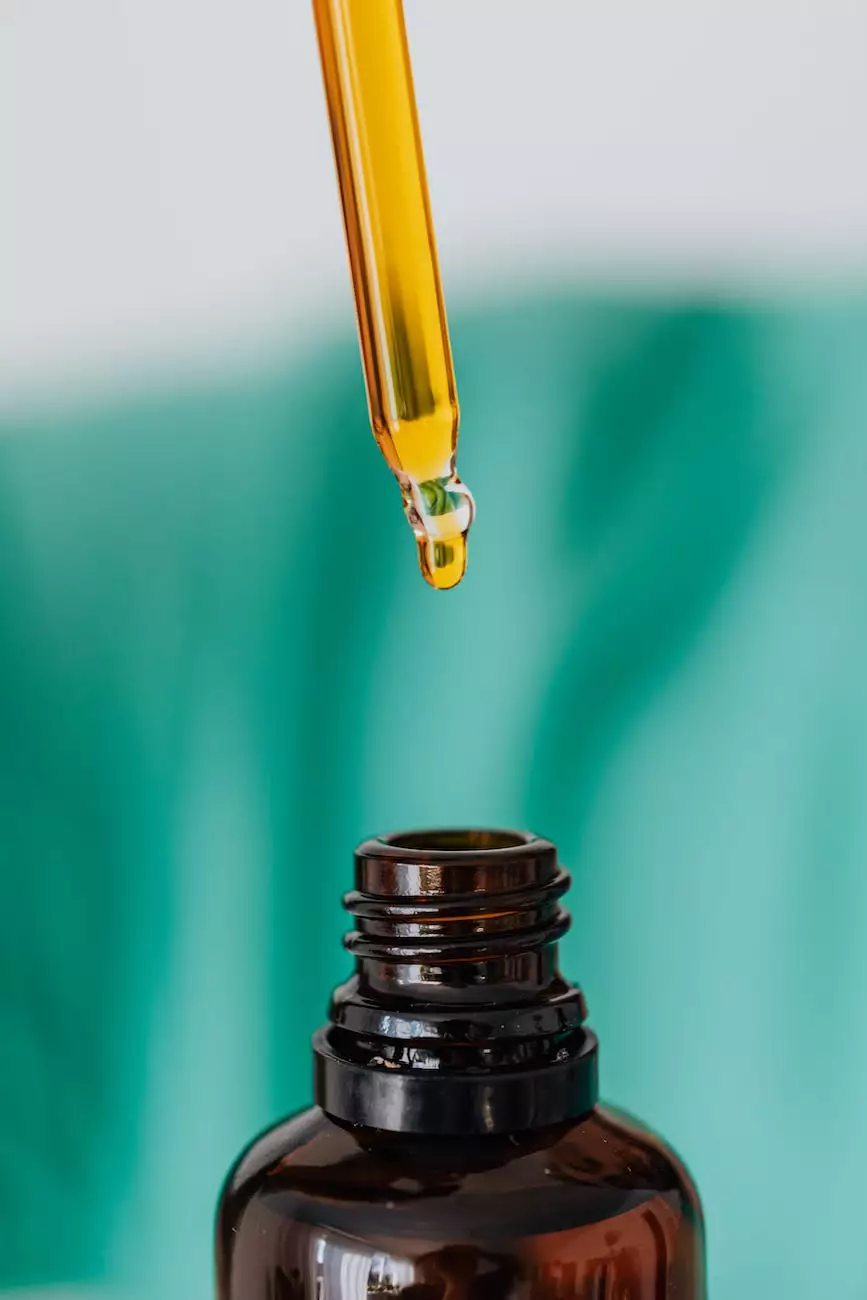
Introduction
Welcome to Bay Regional Medical Center's comprehensive guide to understanding varicose veins. In this article, we will debunk the top 10 myths surrounding varicose veins, provide insights into their causes, and suggest effective cures and prevention strategies.
What are Varicose Veins?
Varicose veins are enlarged, swollen, and twisted veins that usually occur in the legs. They are a common condition, affecting millions of people around the world. Despite their prevalence, there are several misconceptions surrounding varicose veins that need to be addressed.
The Myths
Myth 1: Varicose Veins Only Affect the Elderly
Contrary to popular belief, varicose veins can affect people of all ages. While they are more common in older individuals, younger people can also develop varicose veins due to genetic factors, obesity, hormonal changes, or prolonged standing or sitting.
Myth 2: Varicose Veins Are Purely Cosmetic
Although varicose veins are often considered a cosmetic concern, they can also cause uncomfortable symptoms such as pain, swelling, itchiness, and fatigue. Furthermore, untreated varicose veins may lead to more serious complications, including blood clots and ulcers.
Myth 3: Crossing Your Legs Causes Varicose Veins
The act of crossing your legs does not directly cause varicose veins. However, sitting or standing in the same position for extended periods can contribute to the development of varicose veins. It is advisable to take breaks and engage in physical activity to promote healthy blood circulation.
Myth 4: Only Women Get Varicose Veins
While it is true that women are more prone to developing varicose veins, men are not exempt from this condition. Men can also experience varicose veins due to various factors, including genetics, occupation, and lifestyle choices.
Myth 5: Varicose Veins Always Need Surgical Treatment
Surgical treatment is not always necessary for varicose veins. Depending on the severity and symptoms, non-surgical approaches such as lifestyle modifications, compression stockings, and vein therapies may be effective in managing varicose veins.
Myth 6: Varicose Veins Cannot Be Prevented
While varicose veins may have a genetic component that increases the risk of developing them, there are preventive measures that can be taken. Regular exercise, maintaining a healthy weight, avoiding prolonged sitting or standing, and wearing compression stockings can help reduce the likelihood of varicose veins.
Myth 7: Varicose Veins Will Disappear on Their Own
Unfortunately, varicose veins do not typically disappear on their own. Without appropriate treatment, they are likely to progress and worsen over time. Seeking medical assistance and adopting lifestyle changes can help manage and improve the condition.
Myth 8: Varicose Veins Are Only a Cosmetic Concern During Pregnancy
While varicose veins are more common during pregnancy due to increased blood volume and hormonal changes, they are not limited to being a mere cosmetic concern. Pregnant individuals with varicose veins may experience discomfort and should seek appropriate care.
Myth 9: Varicose Veins Are Inevitable with Age
Although aging increases the risk of developing varicose veins, they are not an unavoidable consequence of getting older. Adhering to preventive measures, maintaining a healthy lifestyle, and seeking early treatment can help minimize the impact of varicose veins.
Myth 10: All Treatments for Varicose Veins are Equally Effective
There are various treatment options available for varicose veins, and their effectiveness can vary depending on the individual. It is essential to consult with a qualified healthcare professional to determine the most suitable treatment plan based on the severity, symptoms, and underlying causes of varicose veins.
Conclusion
Now that we have debunked the top 10 myths about varicose veins, it is crucial to understand that proper knowledge and early intervention are key to managing this condition effectively. If you are experiencing symptoms or have concerns regarding varicose veins, contact Bay Regional Medical Center for expert guidance and personalized care.
References
- Reference 1: [Insert relevant source]
- Reference 2: [Insert relevant source]
- Reference 3: [Insert relevant source]



